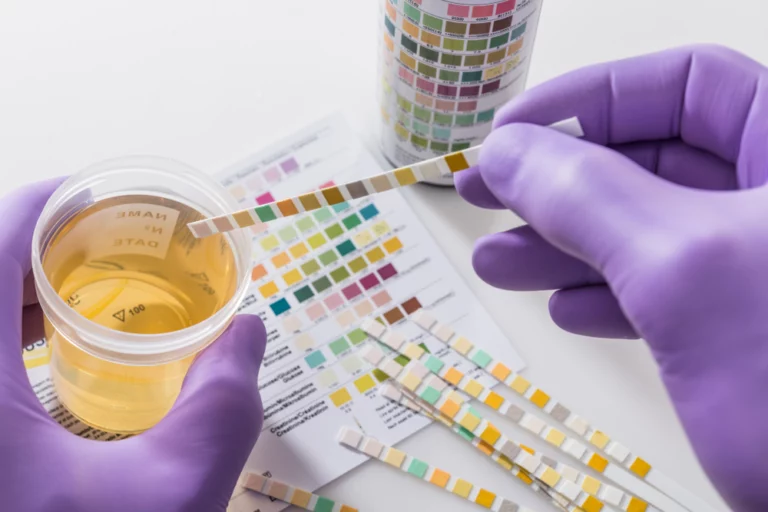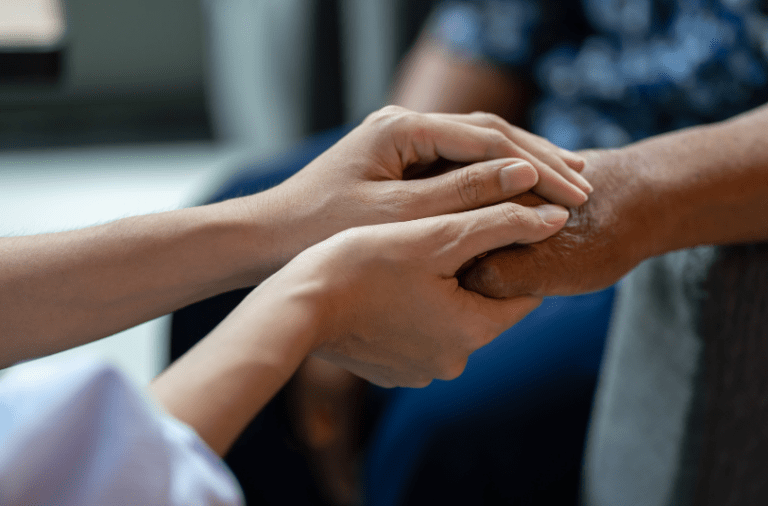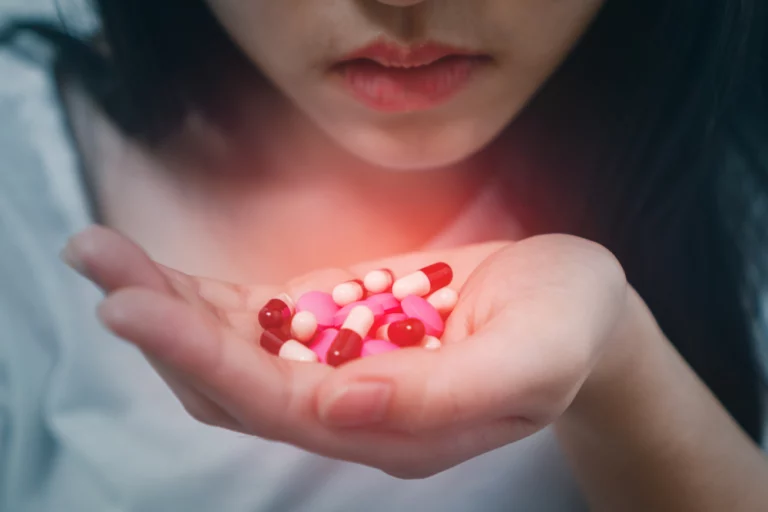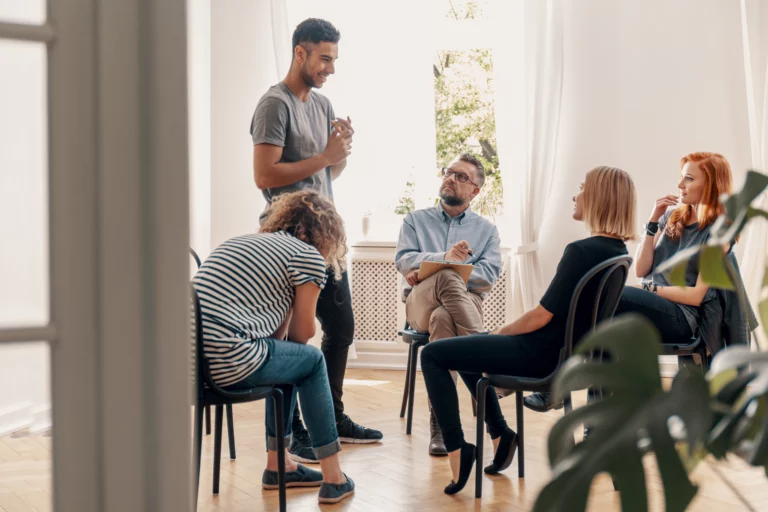Finding New Connections: The Importance of Community in Recovery
In a TedTalk given in 2015, British-Swiss journalist and writer Johann Hari stated that the opposite of addiction is not sobriety, it is human connection. This TedTalk has since become increasingly popular, and this phrase and idea of the importance of connection in relation to addiction has grown in traction. Isolation is a common part of addiction, and individuals abusing drugs and alcohol often create distance between themselves and others as their addiction progresses.
The Importance of Community In Recovery
Research published in 2016, titled Benefits of Peer Support Groups in the Treatment of Addiction, states,
“Peer support can be defined as the process of giving and receiving nonprofessional, nonclinical assistance from individuals with similar conditions or circumstances to achieve long-term recovery from psychiatric, alcohol, and/or other drug-related problems. Historically, peer support has been shown to be a key component of many existing addiction treatment and recovery approaches such as the community reinforcement approach, therapeutic communities,and 12-step programs; the community reinforcement approach has demonstrated the importance of valued social roles in maintaining abstinence, which is the foundation of the peer support relationship”.
When an individual enters addiction recovery, it is common to have strained relationships, or even no close relationships. In a world where drugs and alcohol are everywhere, it is crucial for a person in recovery to find others who understand and relate to what they are experiencing. Community, or peer support, can make all the difference in a person’s recovery journey.
Finding Community In Recovery
Community in recovery can be found and cultivated in a number of ways, as there are millions of people living sober lives every single day, all over the world. Possibly the easiest and clearest path to connect with others in recovery is through a structured recovery group. This may include:
12 Step Groups
12 step groups are recovery communities such as Alcoholics Anonymous and Narcotics Anonymous. They are founded on a program of recovery based on a 12 step program to achieve and maintain sobriety. 12 step group meetings happen on a daily basis all over the world, and are open to everyone and free to attend. They likely provide the most extensive recovery network available. Meetings near you can be found by visiting https://www.aa.org/find-aa.
Rehabs and Treatment Centers
Many people begin to build a support network of people in recovery while attending rehab and addiction treatment centers. This kind of connection often happens naturally, as individuals are spending much of their time together while navigating many similar challenges of early recovery. They often attend group therapy sessions together, and participate in other group activities together as well.
Sober Living Houses
After completing an addiction treatment center, many individuals in recovery choose to live in “sober living” houses. Sober living can be defined as “alcohol- and drug-free living environments for a group of peers in recovery. While living together and navigating the ups and downs of life in recovery, many people develop great connections and support networks through sober living houses.
Addiction Treatment At Oasis Recovery Center
If you or someone you love has developed an addiction or dependence to drugs or alcohol, or has relapsed and are wondering how to get help, we encourage you to reach out to the professionals at Oasis Recovery to learn more about our personalized treatment programs and mental health services. Recovery is always possible. Our experts work with you to design a treatment plan that fits your needs. Common treatment programs include:
- Intensive Outpatient Programs (IOP)
- Full-time Addiction Treatment on campus
- Aftercare Services
Contact us today for more information about how our programs and services can help you get your life back on track.











